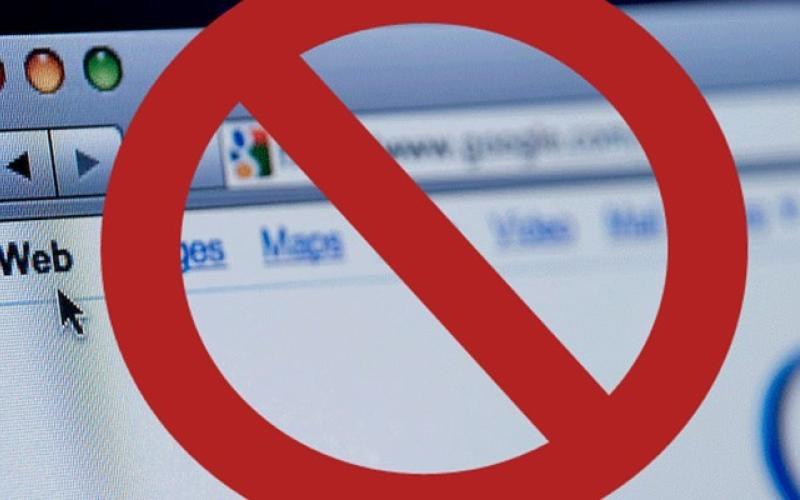- مؤسسة الغذاء والدواء تؤكد أنها فعّلت قرارا يقضي بعدم صرف المضادات الحيوية إلا بوصفة طبية
- ممثل قطاع المواد الغذائية في غرفة تجارة الأردن، يتوقع ارتفاع الطلب على المواد الغذائية نهاية الأسبوع الحالي، بالتزامن مع دخول أول أيام شهر رمضان وصرف الرواتب
- حمزة الطوباسي، يؤدي اليوم الاثنين، اليمين الدستورية عضوا في مجلس النواب، بعد شغور مقعد النائب محمد الجراح
- مدير عام المؤسسة الاستهلاكية العسكرية يقول أن الأسواق الرئيسية في المدن الكبرى ستعمل يوميا من الساعة التاسعة صباحا وحتى ساعات متأخرة من الليل خلال رمضان دون انقطاع، مع التوسع في منظومة بطاقات الخصومات
- إصابة فلسطيني برصاص قوات الاحتلال الإسرائيلي، مساء الأحد، في بلدة الرام، شماليّ القدس المحتلة
- المتحدث باسم الجيش الإندونيسي، يقول الاثنين، إن جاكرتا تجهز ألف عسكري لنشر محتمل في غزة بحلول أوائل نيسان
- في الحالة الجوية يطرأ ارتفاع على درجات الحرارة، الاثنين، لتسجل أعلى من معدلاتها العامة لمثل هذا الوقت من السنة بحوالي (10-9) درجات مئوية، ويسود طقس دافئ بوجه عام
Telecoms regulator: Jordan blocks around 300 websites

Jordanian authorities have banned around 300 websites for various reasons, including requests by the Land Transport Authority to stamp out unlicensed rideshare apps, Telecommunications Regulatory Authority chairman Bassem Sarhan said in a Sunday statement.
The statement also reviewed the government’s efforts to reform the Jordanian telecommunications sector, including the expected introduction of 5G service next year and satellite Internet in the near future.
The Telecommunications Regulatory Authority receives requests from various agencies, according to Sarhan, and then reaches out to the companies Orange, Umniah, and Zain to implement blocks.
Some requests come from the Media Authority, others from the Land Transport Authority, and some others from the Ministry of Digital Economy. Of the 300 banned websites and services, around thirty of them are transportation apps, and Sarhan stressed that their status will be changed if they receive a license.
Authorities recently blocked the Chinese social network TikTok, which Sarhan said was an issue of illicit content. He noted that the issue of blocking TikTok and other apps has come up outside of Jordan as well.
Several members of U.S. Congress have proposed laws to ban TikTok from American devices in order to limit Chinese influence.
On the topic of users using VPNs to circumvent blocks, Sarhan emphasized that filtering is not an easy process, and requires continuous efforts and technical expertise that telecommunications companies should provide.
Last year, the Telecommunications Regulatory Authority signed an agreement with Orange, Umniah, and Zain to introduce 5G cellular service in the country. The agreement stipulates that the 5G service must cover major areas within three years, and must be available at least 50% of the Jordanian population within three years.
Sarhan said that the process is “proceeding along the agreed-upon lines” and the Kingdom is on track to see 5G rollouts by the first quarter of 2024.
He also revealed that there is a company currently working to gain a license to provide Internet service via satellites, and that two experiments in northern and southern Jordan led to encouraging results.
The company is expected to apply for a license within the first quarter of this year, although it does not mean the service will be ready immediately, Sarhan said.
“Satellites are available in several countries, and it is our duty to move from traditional work to creativity,” he noted. “Jordan’s mountainous geography requires a constant search for alternatives.”
Sarhan pointed to the tourist region of Wadi Rum, where the need to preserve natural landscape prevents the installation of cell towers, but satellites could fill the gap.
Translated by Matthew Petti












































